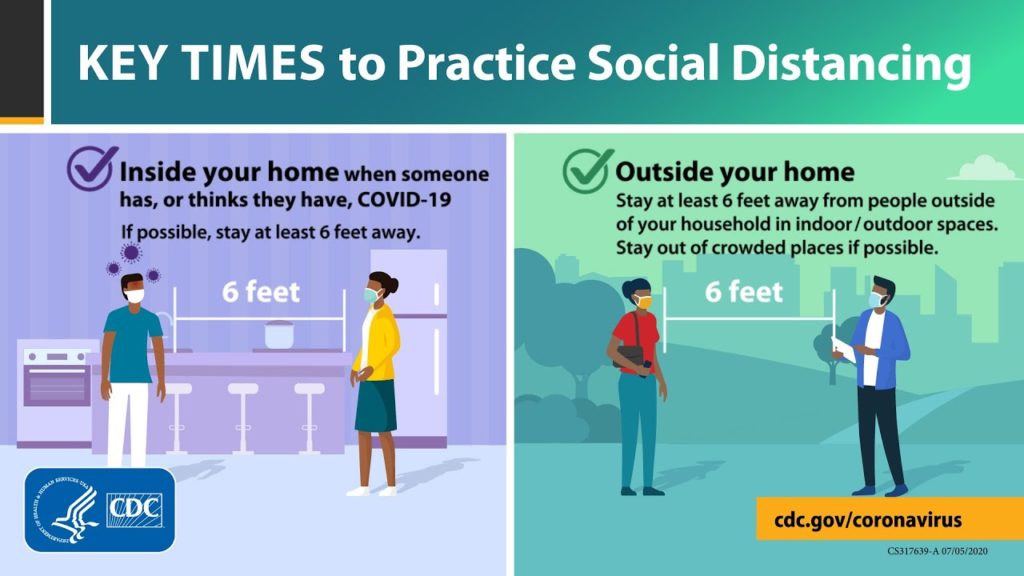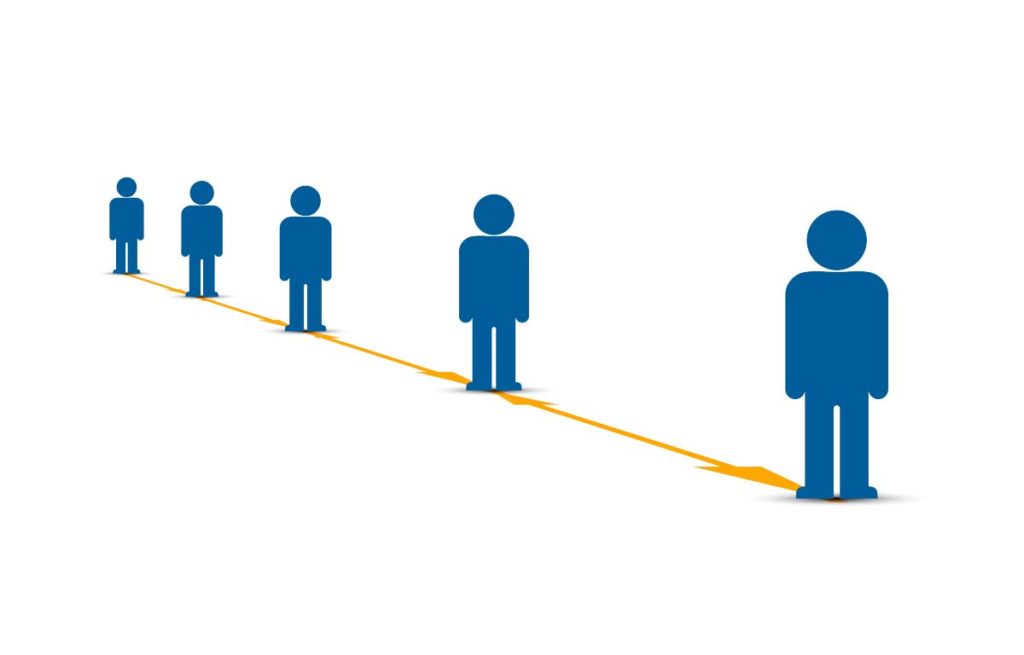Breaking social distancing rules can feel less risky with people you know than with strangers. It’s a cognitive bias that’s driving coronavirus infections.
Written content from DW
Passing by a coughing stranger on a sidewalk during a global pandemic or having coffee with a work friend — for most people, one of those two scenarios will sound considerably safer than the other.
We know the work friend, they know us. They don’t appear unwell, and neither do we. Even if it may be risky to sit close together and remove our masks, it doesn’t really feel threatening — unlike the coughing stranger.

But it’s precisely those interactions between people who know each other that may be contributing to a sharp rise in COVID-19 cases.
“The real threat we often overlook and don’t realize is there,” says Tegan Cruwys, a clinical psychologist and researcher at the Australian National University, “is our closest networks — our family, our friends, our valued communities.”

How we’re wired to think about risk
Feeling the threat of contagion may not be as palpable when we’re with the people we know and like. That’s not just because we prefer to spend time with them than strangers, but also because we are wired to assume our friends are less threatening.
As social creatures, when we identify with people and see them as being part of our community — “one of us” — Cruwys says, we have a sense that they are trustworthy and will act in our best interests.
That means we are less likely to perceive them as contagious, and we will be more tolerant of any symptoms they may have. As a result, we’re more likely to take risks around them — sit close together, share food, or hug them.
But just because we think like that it doesn’t necessarily mean the people closest to us are less risky when it comes to disease transmission, says Cruwys: “Contagious diseases don’t respect those group boundaries.” Read more from DW





